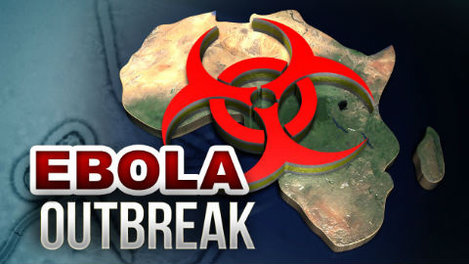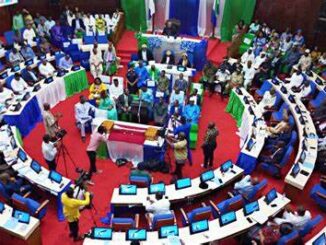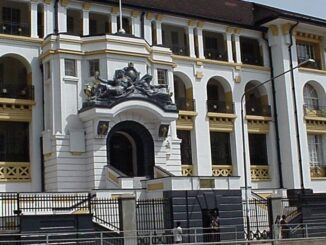
A second case of Ebola was confirmed late Wednesday, 20 January after the blood sample of a high risk contact linked to the index case, tested positive for Ebola Virus Disease.
The 38 year old aunt to the index case, was an active caregiver to the index case during her illness and also helped prepare the body for burial upon death on 12 January 2016. The swab tests of the index case tested EVD positive on 14 January 2016.
‘Aunt M’ moved to a Voluntary Quarantine Facility on Monday, 17 January 2016 with four other high risk contacts, after initial monitoring at a quarantined home.
She developed a fever with diarrhea early 20 January at the VQF, was transferred from the VQF to the isolation facility, where an initial blood specimen was taken; the specimen tested positive for EVD twice. Subsequent testing took place at another independent laboratory that doubly confirmed the results late on the same day.
‘Aunt M’ has been transferred to the Ebola Treatment Unit at Military 34 hospital in Freetown where she is receiving treatment.
While this new case causes understandable anxiety after all known transmission chains were formally halted on 7 November 2015, the government’s rapid response to find, identify this high risk contact early, move her to a VQF, monitor her closely for symptoms and rapidly isolate and provide treatment when she showed symptoms and tested positive, proves that our response systems remain robust.
But the risk of further infection remains high for as long as monitoring of located high risk contacts continue and while missing contacts remain unlocated.
The general public is urged to continue to think Ebola, to call 117 to report suspicious illnesses and all deaths, not to wash dead bodies and adhere to safe hand hygiene practices and to seek early treatment if you suspect that you may have been in contact with the index case.
We have fought Ebola once and won. Together we can do it again.



